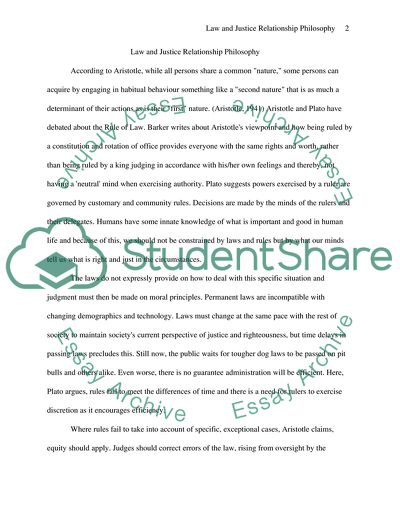Cite this document
(Law and Justice Relationship Philosophy Assignment, n.d.)
Law and Justice Relationship Philosophy Assignment. Retrieved from https://studentshare.org/philosophy/1707105-from-a-sociological-philosophy-angle-is-there-a-relationship-between-the-law-and-justice-using-the-criminal-law-as-a-basis-is-it-possible-to-achieve-justice
Law and Justice Relationship Philosophy Assignment. Retrieved from https://studentshare.org/philosophy/1707105-from-a-sociological-philosophy-angle-is-there-a-relationship-between-the-law-and-justice-using-the-criminal-law-as-a-basis-is-it-possible-to-achieve-justice
(Law and Justice Relationship Philosophy Assignment)
Law and Justice Relationship Philosophy Assignment. https://studentshare.org/philosophy/1707105-from-a-sociological-philosophy-angle-is-there-a-relationship-between-the-law-and-justice-using-the-criminal-law-as-a-basis-is-it-possible-to-achieve-justice.
Law and Justice Relationship Philosophy Assignment. https://studentshare.org/philosophy/1707105-from-a-sociological-philosophy-angle-is-there-a-relationship-between-the-law-and-justice-using-the-criminal-law-as-a-basis-is-it-possible-to-achieve-justice.
“Law and Justice Relationship Philosophy Assignment”, n.d. https://studentshare.org/philosophy/1707105-from-a-sociological-philosophy-angle-is-there-a-relationship-between-the-law-and-justice-using-the-criminal-law-as-a-basis-is-it-possible-to-achieve-justice.


